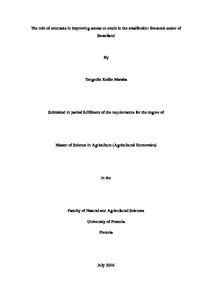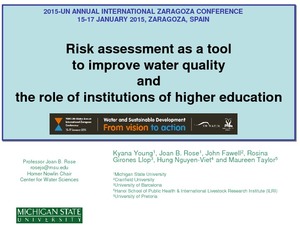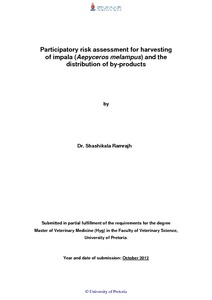Location
Vision
To be a leading research‐intensive university in Africa, recognised internationally for its quality, relevance and impact, as also for developing people, creating knowledge and making a difference locally and globally.
Mission
In pursuing recognition and excellence in its core functions of research, teaching and learning, and integrating engagement with society and communities into these, the University of Pretoria will use quality, relevance, diversity and sustainability as its navigational markers.
Values
The members of the University of Pretoria believe that:
our community of scholars must be founded on the pursuit of knowledge through research, teaching and learning, with membership acquired on the basis of intellectual merit, ability and the potential for excellence; and that
differing perspectives, arising from diverse backgrounds and histories that define our identities, deepen scholarly inquiry and enrich academic debate.
We cherish:
academic freedom, creative and innovative thought, ethical standards and integrity, accountability and social justice; and
our staff and students as the University’s core asset.
We foster:
an inquiry‐led and evidence‐based approach to creating knowledge; and
academic citizenship, whereby we commit ourselves to harnessing our intellectual abilities in the interest of our nation and humanity.
We recognise that:
in a resource‐constrained world where vast disparities remain, the University must endeavour to produce graduates who appreciate the importance of community service, entrepreneurial endeavours and innovative actions in generating employment and development in our local communities.
Members:
Resources
Displaying 6 - 9 of 9International Land Deals for Agriculture
Land acquisitions continue to be an important trend
Large-scale land acquisitions continue to be an important issue for governments, development organisations, NGOs and farmers’ organisations all over the world; this remains the case even in times of global economic slowdown, recession and crisis. The scale of this trend and its significant impacts on rural transformation and livelihoods make it necessary to further monitor, observe and positively influence such deals wherever possible.
The role of contracts in improving access to credit in the smallholder livestock sector of Swaziland
The study investigates the role of contract farming in improving access to credit for smallholder cattle producers, cattle finishers and traders in Swaziland. The contracts are verbal or informal and involve smallholder cattle producers, cattle finishers and traders on the one hand and other stakeholders in the value chain on the other.
Participatory risk assessment for harvesting of impala (Aepyceros melampus) and the distribution of by-products
The demand for the control of safe food, from consumers the world over, has revolutionized the manner in which wild game meat harvesting occurs. In developed countries, food quality, food and human safety with quality controlling systems embracing environmental carbon footprint issues are constantly improving, for international harmonization at each level of production “from stable to table”, “farm to fork”, “field to yield” as well as from “cradle to grave”.





